When to Seek Relationship Counselling: Signs to Look Out For
Relationship counselling is a type of therapy that helps couples navigate through their issues and improve their relationship. It is a safe and confidential space where couples can express their feelings, thoughts and emotions without being judged. Many couples seek relationship counselling when they are going through a rough patch or experiencing difficulties in their relationship.
What is Relationship Counselling?
Relationship counselling is a form of therapy that aims to improve communication, resolve conflicts and strengthen the bond between couples. It involves talking to a trained and licensed therapist who will listen to your concerns and help you find solutions to your problems. During the counselling sessions, couples are encouraged to express their feelings, thoughts and emotions in a safe and non-judgmental environment. The therapist will also provide tools and techniques to help couples communicate better and resolve conflicts in a healthy way.
If you are experiencing difficulties in your relationship, it is important to seek help from a qualified relationship counsellor. Here are some signs that indicate you may need relationship counselling:
- Communication breakdown
- Constant arguing and fighting
- Lack of intimacy and affection
- Infidelity
- Trust issues
- Financial problems
- Parenting disagreements
- Life transitions such as marriage, parenthood, or retirement
By seeking relationship counselling, couples can work through their issues and strengthen their relationship. It is important to remember that seeking help is not a sign of weakness, but rather a sign of strength and commitment to your relationship.
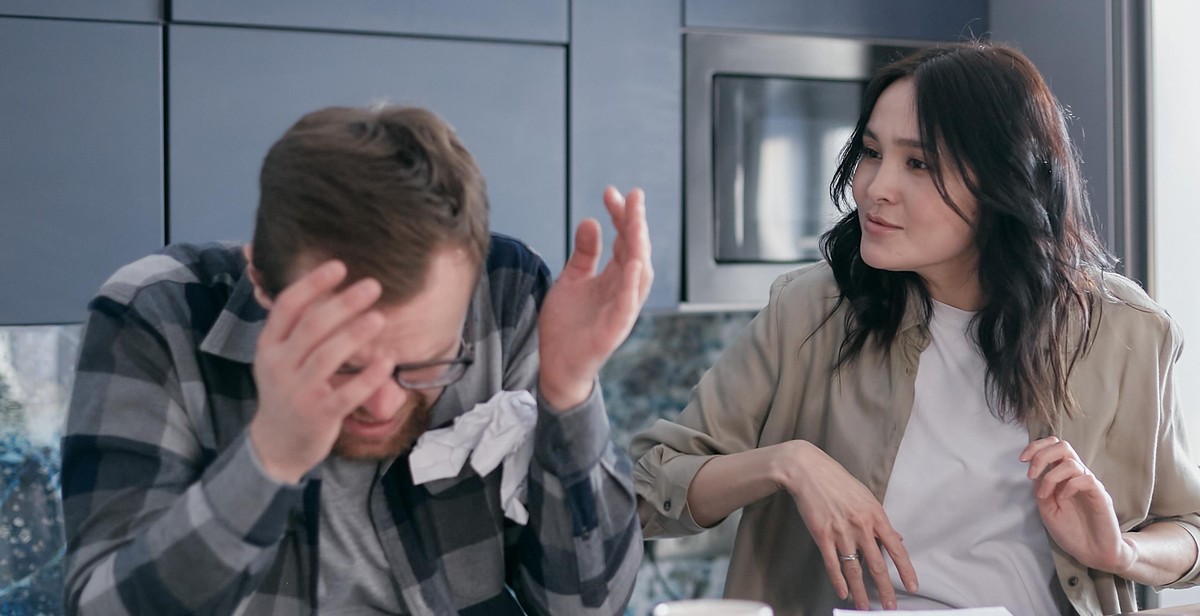
Signs That You May Need Relationship Counselling
Relationships can be a source of great joy and fulfillment, but they can also be a source of stress and conflict. If you’re experiencing any of the following signs, it may be time to seek relationship counselling:
Communication Breakdown
Communication is key in any relationship, and when it breaks down, it can be a sign that something is not right. If you find that you and your partner are constantly misunderstanding each other, or that you’re not able to express your needs and feelings effectively, it may be time to seek counselling.
Lack of Intimacy
Intimacy is an important part of any romantic relationship, and when it’s lacking, it can be a sign that there are deeper issues at play. If you and your partner have lost the spark in your relationship, or you’re not feeling emotionally connected, counselling can help you explore the underlying causes and find ways to rekindle the intimacy.
Infidelity
Infidelity can be a devastating blow to any relationship, and it can be difficult to move forward without help. If either you or your partner has been unfaithful, counselling can provide a safe space to explore the reasons behind the infidelity and work towards rebuilding trust.
Constant Fighting and Arguing
While disagreements are a natural part of any relationship, constant fighting and arguing can be a sign of deeper issues. If you find that you and your partner are always at odds, or that you’re unable to resolve conflicts in a healthy way, counselling can help you learn communication and conflict-resolution skills.
Feeling Stuck or Stagnant
If you and your partner feel like you’re stuck in a rut, or that your relationship has become stagnant, counselling can help you identify the underlying issues and find ways to move forward. Whether it’s exploring new interests together or working on individual goals, counselling can provide the support you need to grow as a couple.
Loss of Trust
Trust is a foundation of any healthy relationship, and when it’s lost, it can be difficult to regain. Whether it’s due to infidelity, broken promises, or other issues, counselling can help you work towards rebuilding trust and creating a stronger, more resilient relationship.
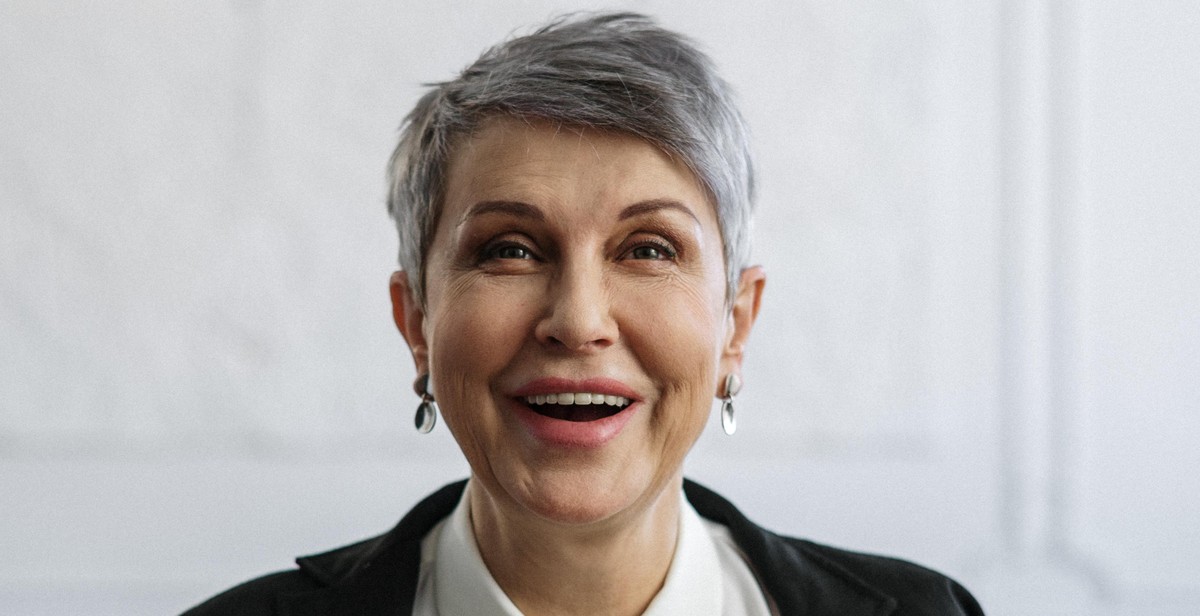
The Benefits of Relationship Counselling
Relationship counselling is a process that involves a trained professional helping couples to resolve issues in their relationship. It is a safe space where couples can talk about their problems and work towards finding solutions. There are numerous benefits to attending relationship counselling, including:
Improved Communication Skills
One of the most significant benefits of relationship counselling is that it helps couples improve their communication skills. Communication is key to a healthy relationship, and counselling provides a safe and supportive environment for couples to learn how to communicate more effectively. Couples can learn how to listen to each other, express their thoughts and feelings, and resolve conflicts in a constructive manner.
Increased Self-Awareness
Relationship counselling also helps couples to become more self-aware. It can help individuals identify their own needs, desires, and feelings, and learn how to communicate these to their partner. This increased self-awareness can lead to better understanding and empathy between partners, and ultimately a stronger relationship.
Learning Conflict Resolution Skills
Conflict is a natural part of any relationship, and counselling can help couples learn how to resolve conflicts in a healthy and constructive way. Couples can learn how to identify the underlying causes of their conflicts, communicate their needs and concerns, and work towards finding solutions that are mutually beneficial.
Rebuilding Trust and Intimacy
Trust and intimacy are essential components of a healthy relationship, and counselling can help couples rebuild these aspects of their relationship. Counselling can help couples identify the root causes of any trust issues or intimacy problems, and work towards finding solutions that can help them reconnect emotionally and physically.
Gaining Clarity and Perspective
Finally, relationship counselling can help couples gain clarity and perspective on their relationship. It can help them identify patterns of behavior that may be contributing to their problems, and provide them with the tools and strategies they need to make positive changes. Attending counselling can help couples gain a deeper understanding of themselves and their partner, and ultimately lead to a stronger and more fulfilling relationship.
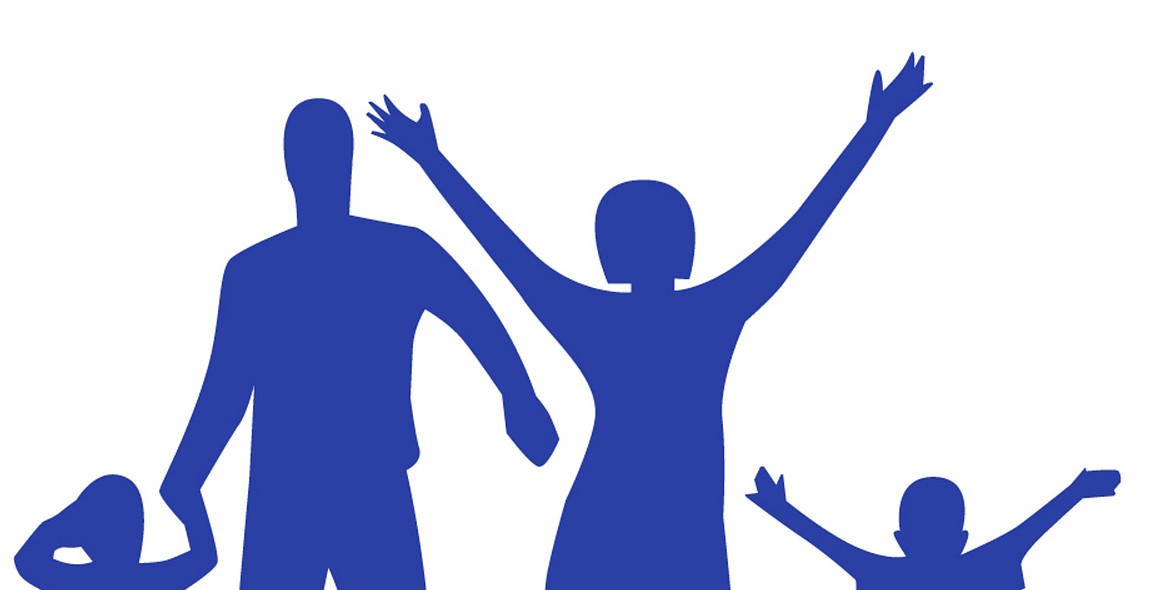
How to Find the Right Relationship Counsellor
Seeking relationship counseling can be a daunting task, especially if you are not sure where to start. Here are some tips to help you find the right relationship counselor:
Research and Ask for Referrals
One of the best ways to find a good relationship counselor is to ask for referrals from friends, family, or your primary care physician. You can also research online, read reviews, and check the counselor’s website to get a sense of their approach and style.
Consider the Therapist’s Approach and Style
It is essential to consider the therapist’s approach and style when choosing a relationship counselor. Some counselors may use a cognitive-behavioral approach, while others may use a more emotionally-focused approach. Choose a therapist whose approach and style align with your needs and goals.
Assess the Therapist’s Credentials and Experience
It is crucial to assess the therapist’s credentials and experience before selecting a relationship counselor. Ensure that the therapist you choose is licensed, trained, and experienced in relationship counseling. You can check their credentials on their website or ask them directly.
Evaluate the Cost and Availability
The cost and availability of the counselor are also essential factors to consider. Determine if the counselor accepts your insurance or if they offer sliding scale fees. Also, check their availability and schedule to ensure that their sessions fit into your schedule.
| Factors to Consider | What to Look For |
|---|---|
| Referrals and Research | Ask for referrals and do online research |
| Approach and Style | Choose a therapist whose approach and style align with your needs and goals |
| Credentials and Experience | Ensure that the therapist is licensed, trained, and experienced in relationship counseling |
| Cost and Availability | Determine if the counselor accepts your insurance or offers sliding scale fees. Check their availability and schedule |
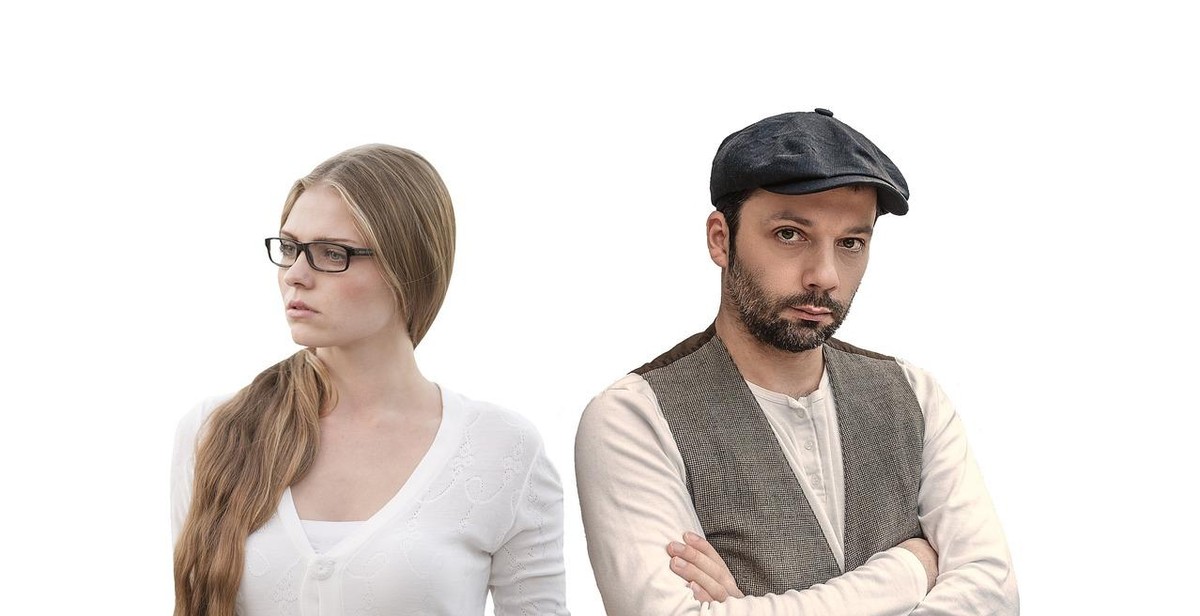
What to Expect During Relationship Counselling
Relationship counselling is a process that involves seeking the help of a professional counsellor to resolve issues in a relationship. Here are some of the things you can expect during relationship counselling:
Assessment and Goal-Setting
The first step in relationship counselling is usually an assessment of the issues in the relationship and goal-setting. The counsellor will ask questions to understand the dynamics of the relationship and the issues that need to be addressed. Based on the assessment, the counsellor will help you and your partner set goals for the counselling sessions.
Exploration of Issues and Dynamics
The next step in relationship counselling is the exploration of issues and dynamics in the relationship. The counsellor will help you and your partner understand the underlying issues that are causing problems in the relationship. This may involve exploring past experiences that may be affecting the relationship or identifying patterns of behavior that are causing conflict.
Learning and Practicing New Skills
During relationship counselling, you and your partner will learn new communication skills and conflict resolution strategies. The counsellor will help you practice these skills during the counselling sessions and give you feedback on how to improve them. These skills can help you and your partner communicate more effectively and resolve conflicts in a healthier way.
Rebuilding and Strengthening the Relationship
The ultimate goal of relationship counselling is to rebuild and strengthen the relationship. Through the counselling process, you and your partner will learn how to work together to overcome challenges and build a stronger bond. The counsellor will help you develop a plan to maintain the progress made during counselling sessions and continue to strengthen your relationship.
Overall, relationship counselling can be a positive and transformative experience for couples who are struggling with issues in their relationship. By working with a professional counsellor, you and your partner can gain a deeper understanding of your relationship and develop the skills needed to overcome challenges and build a stronger bond.
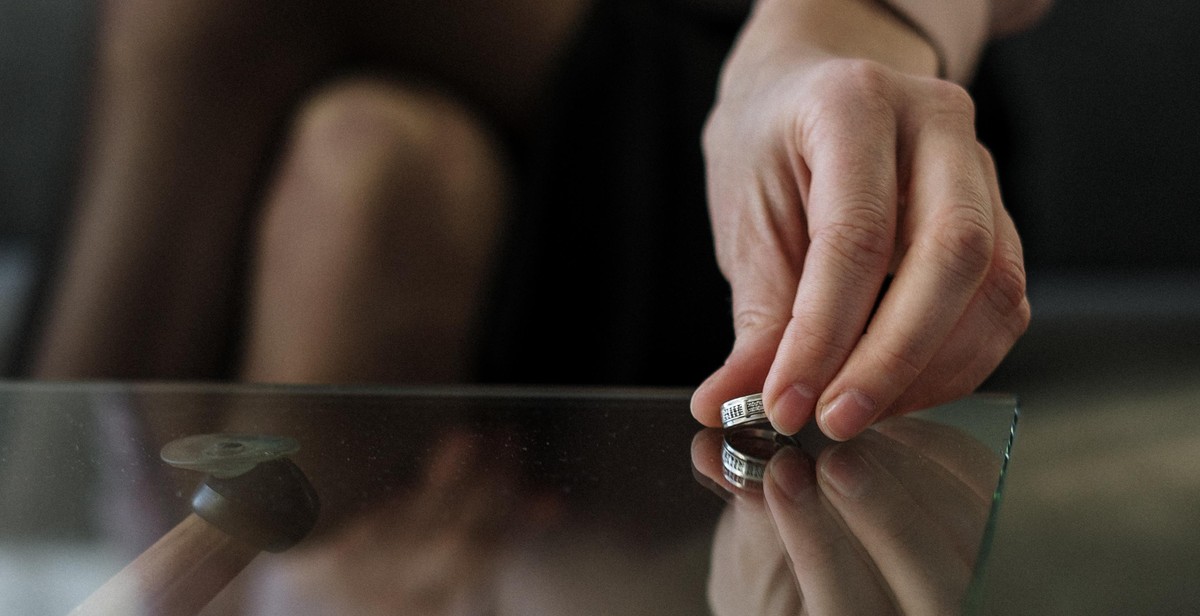
Conclusion
Relationships can be challenging, and it’s not uncommon to experience problems along the way. While some issues can be resolved through communication and compromise, others may require the intervention of a professional. If you’re experiencing any of the signs discussed in this article, it’s important to seek relationship counselling sooner rather than later.
Don’t Wait Too Long to Seek Help
Many couples make the mistake of waiting until their problems have spiraled out of control before seeking help. However, waiting too long can make it harder to resolve issues and may even lead to the breakdown of the relationship. It’s important to seek help as soon as you notice any signs of trouble.
A qualified relationship counsellor can help you identify the root cause of your problems and work with you to develop effective strategies for overcoming them. They can also provide a safe and supportive environment for you and your partner to communicate openly and honestly about your feelings and concerns.
Remember, seeking relationship counselling is not a sign of weakness, but rather a proactive step towards building a stronger and healthier relationship. Don’t hesitate to reach out for help if you need it.
